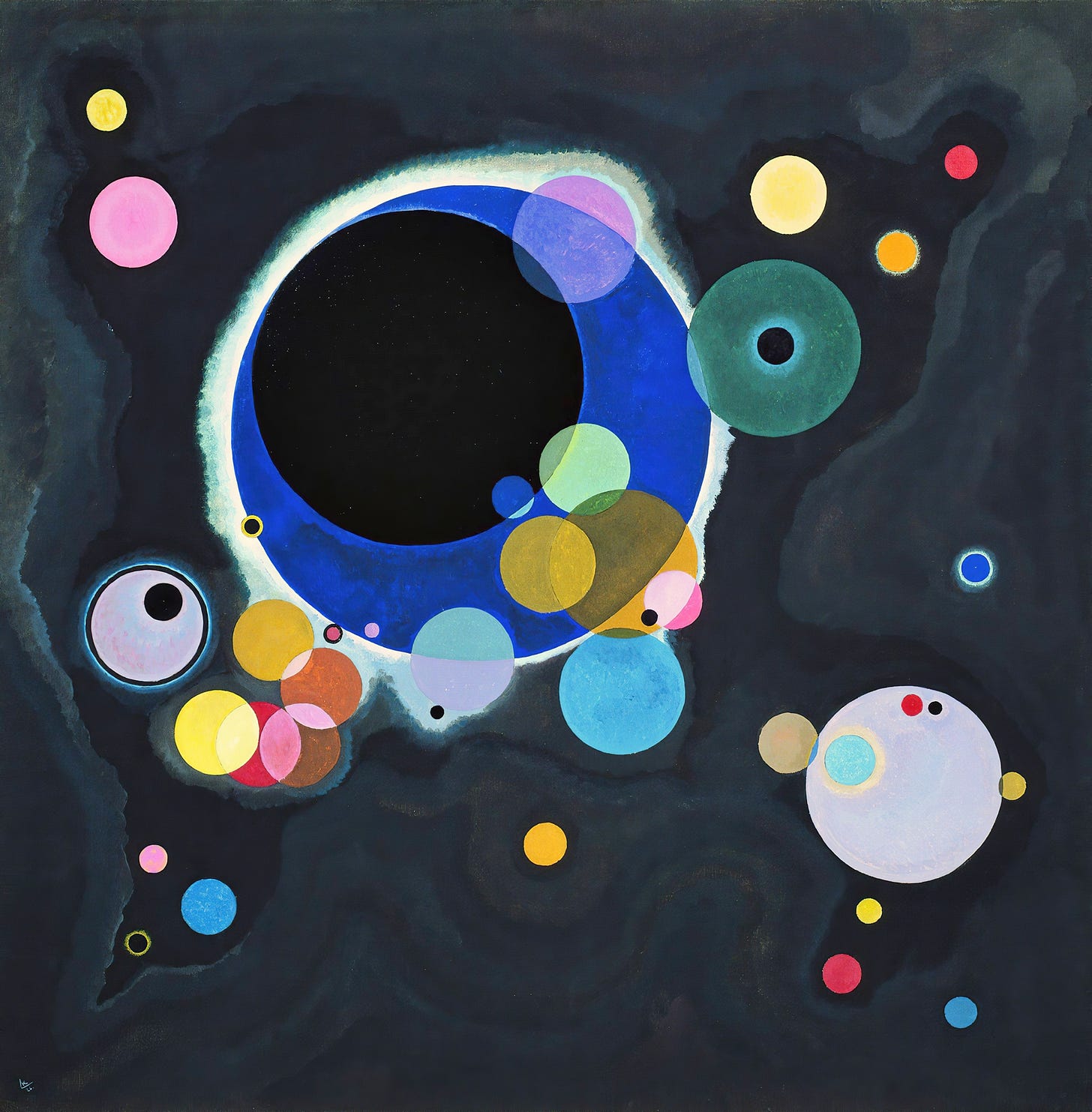From the Archives: On Writing Poverty
A trope, a trend, and still, poor writers are marginalized.
I am in the last four weeks of book revisions and sooo busy, so I’m sharing this post from the archives. I hope you enjoy it.
My first fiction manuscript won an award at my school but never got picked up by an agent, and it lives in a drawer now. It’s called THE OPEN CURTAIN. The book is semi-autobiographical— about a former stripper turned wildland firefighter whose mother gets sick. The protagonist (me, essentially) has to quit firefighting and come home to Olympia, WA, to care for her mother.
The book is about poverty, drug addiction, and how easy it is for a past that someone considers “shameful” (though I don’t believe in being ashamed about my past anymore) to reach into the present and pull someone down into it. How easy it is to be drowned by the things we had to do and the people we were while living in poverty, and how poverty is always right there, at the doorstep, waiting.
It’s my belief that the book didn’t get picked up because it wasn’t polished enough, and/or because it avoided the tropes that exist in literature about poverty. The thing is, many writers who write poverty haven’t experienced true poverty. Some of the most famous, well-received poverty narratives are often written by writers who’ve had access to excellent education and know how to write a super-tight, polished, sensationalized narrative. They package their poor characters into neat little boxes. Because they can. Because they have distance.
Those of us who have lived, are living, and/or continue to live in poverty— those of us who’ve had to move several times a year because of evictions, who’ve been plunged into darkness mid-winter because of an unpaid electricity bill, who’ve survived on Top Ramen and were raised without babysitters or daycare or private school (or even consistent public school); those of us to whom the writing world and writing life once seemed (or still seems) like a fantasyland or pipe dream— we don’t have the privilege of that distance.
Whenever I am writing about poverty, my characters are always versions of me or the people I’ve loved. Most of those people I’ve loved are dead. Parts of me are dead, and I must revive them when I write.
The act of remembering itself is a renewing of the trauma of poverty and everything that comes with it. It’s really hard. Painful. And within that remembering I am doing myself and everyone I’ve known an injustice unless I write against the cliche’d and familiar narratives of poverty. Because we aren’t like that. We are and were real people, living real lives. Lives just as meaningful as any one else’s.
I am tired of middle-class and above writers writing poverty badly.
Keep reading with a 7-day free trial
Subscribe to navel gazing to keep reading this post and get 7 days of free access to the full post archives.





